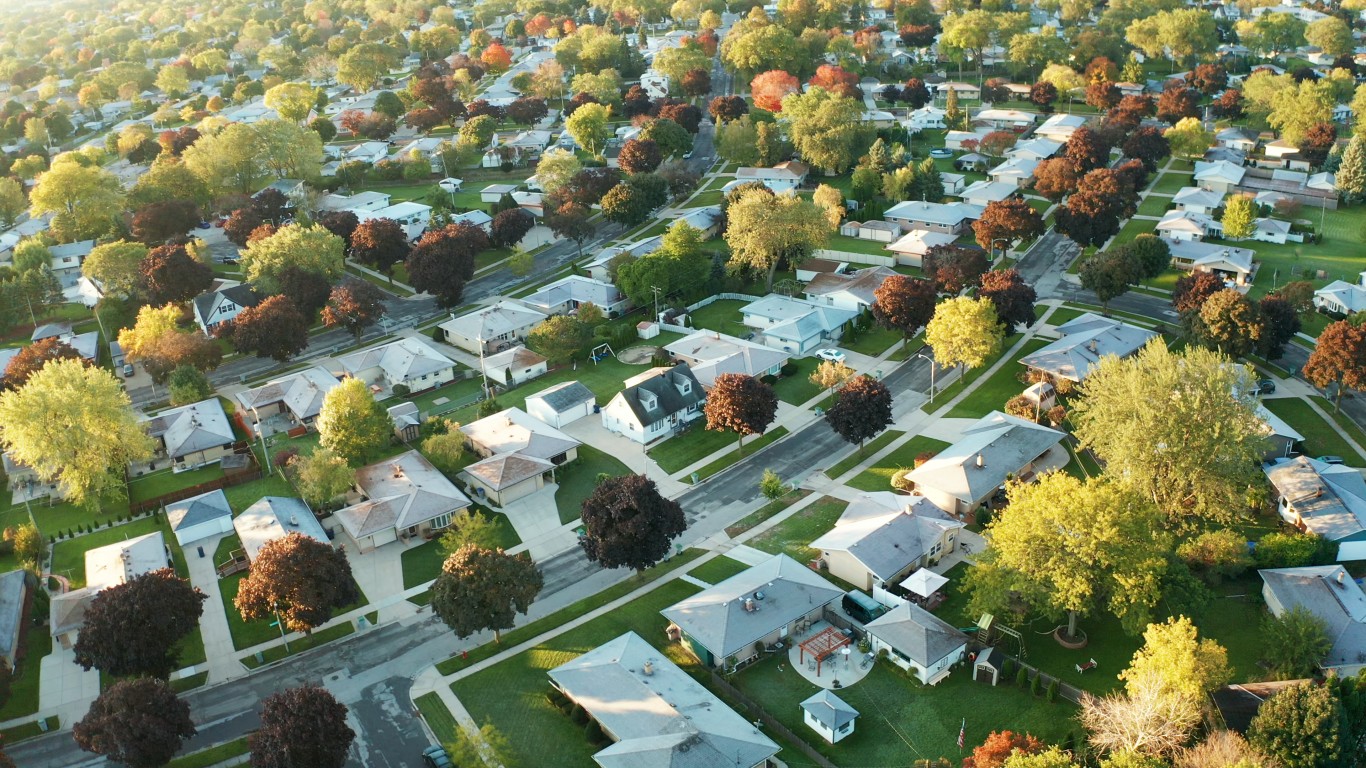
Investors love dividends. The higher the yield, the better they are — within reason. Real estate investment trusts (REITs) are known for paying high dividend yields, and investors kept chasing up those sky-high valuations during the expansion. When the recession hit, the bottom fell out of the REITs, which have been riddled with dividend cuts, future earnings pressure and lower book values.
Mortgage REITs are often harder for investors to understand. They own mortgage-backed securities rather than owning office buildings, retail centers or other specialized properties. Mortgage REITs also tend to be leveraged investment funds, with assets and liabilities much larger than the market capitalization of their shares.
New Residential Investment Corp. (NYSE: NRZ) made news in September after the mortgage-REIT announced it was increasing its dividend, which the company also pointed out was the second consecutive quarter in which it hiked that payout. The announcement said that it was attributable to its confidence in potential earnings power and to its commitment to drive shareholder value.
While New Residential is not alone in being nowhere close to recovering its pre-recession value, there is a reasonable case that the falling book value woes may be behind it. It feels too soon to be looking for any massive book value improvements in 2020, but into 2021 that seems reasonable, barring any double-dip in the economy.
This also brings up the debate about evaluating its dividend versus the book value.
What needs to be considered now is that New Residential’s prior quarterly dividend had been $0.50 per share before the pandemic, going back to mid-2017. When it was forced to slash that dividend, it first was a 90% cut to $0.05 for the April 2020 payout, followed by $0.10 for the July 2020 payout and now back up to $0.15 for the most recent October payout.
New Residential also has preferred shares, but the Refinitiv consensus of $1.54 in equivalent earnings per share for 2020 would be down from $2.17 in 2019. Another consideration is that the consensus is just $1.44 per share in 2021. When New Residential reported earnings in July, the book value per share was listed as $10.77, up from $10.71 in the prior quarter.
Earlier in the year, during the throws of the panic selling, New Residential said that its estimated book value on March 27, 2020, was down approximately 25% to 30% from the December 31, 2019 book value of $16.21 per share.
The analyst community has been increasing its price targets since the summer. A firm called Jones Trading started coverage with a Buy rating and assigned an $11 price target in September, and Raymond James reiterated its Outperform rating and raised its target price to $10.50 from $8.50 in August. Independent research firm Argus upgraded it to Buy from Hold with a $10 price target in July, and Piper Sandler upgraded it to Overweight from Neutral and raised its target was to $9.50 from $8.50 in July as well.
When Credit Suisse reiterated its Outperform rating and $10 price target in August, the firm noted that New Residential’s $1.0 billion-plus cash should give the REIT $500 million to 650 million of investable cash under its stress and base case scenarios. The stock was at $7.99 at that time, and Credit Suisse had indicated that it was trading at a 26% discount to the GAAP book value and at a 40% to 50% discount to the company’s own implied book value.
The REIT has a $3.4 billion market cap, but the total assets of $44.86 billion at the end of 2019 fell to $24.19 billion as of March 31, 2020, and then down to $23.75 billion as of June 30, 2020. On April 1, the REIT announced that it had entered into an agreement to sell roughly $6.1 billion face value of nonagency residential mortgage-backed securities to several buyers. At that time, its emphasis was to focus on de-risking, increasing its liquidity and protecting the book value per share.
New Residential was a fairly stable mortgage-REIT from 2013 through the start of 2020, but the recession and panic selling took its shares from about $17 to under $3 at the peak selling. Its share price has recovered and become stable again, but at about half of its former value. Investors now are looking at a dividend yield of about 7.3%, but if the REIT can keep lifting its payout (even at a lower rate than the last two hikes) then that yield can once again start approaching the double-digit yields.
New Residential’s 52-week trading range of $2.91 to $17.66 and current share price of $8.25 should indicate how rough 2020 has been. While the volatility was obvious, New Residential’s share price is in the middle of a narrow trading range that has been in place since mid-July.
Investors have to trust mortgage-REIT management teams to invest properly. There is no way to know exactly what assets are owned over time because the REITs buy and sell paper endlessly as they receive the streams of cash flow from the countless mortgage payments.
Barring any nasty surprises, it seems reasonable to understand why the investment community has been raising some of its base-case expectations here. Is it possible that the 2021 estimates could move higher as well?
Are You Ahead, or Behind on Retirement? (sponsor)
If you’re one of the over 4 Million Americans set to retire this year, you may want to pay attention.
Finding a financial advisor who puts your interest first can be the difference between a rich retirement and barely getting by, and today it’s easier than ever. SmartAsset’s free tool matches you with up to three fiduciary financial advisors that serve your area in minutes. Each advisor has been carefully vetted, and must act in your best interests. Start your search now.
Don’t waste another minute; get started right here and help your retirement dreams become a retirement reality.
Thank you for reading! Have some feedback for us?
Contact the 24/7 Wall St. editorial team.

 24/7 Wall St.
24/7 Wall St.



